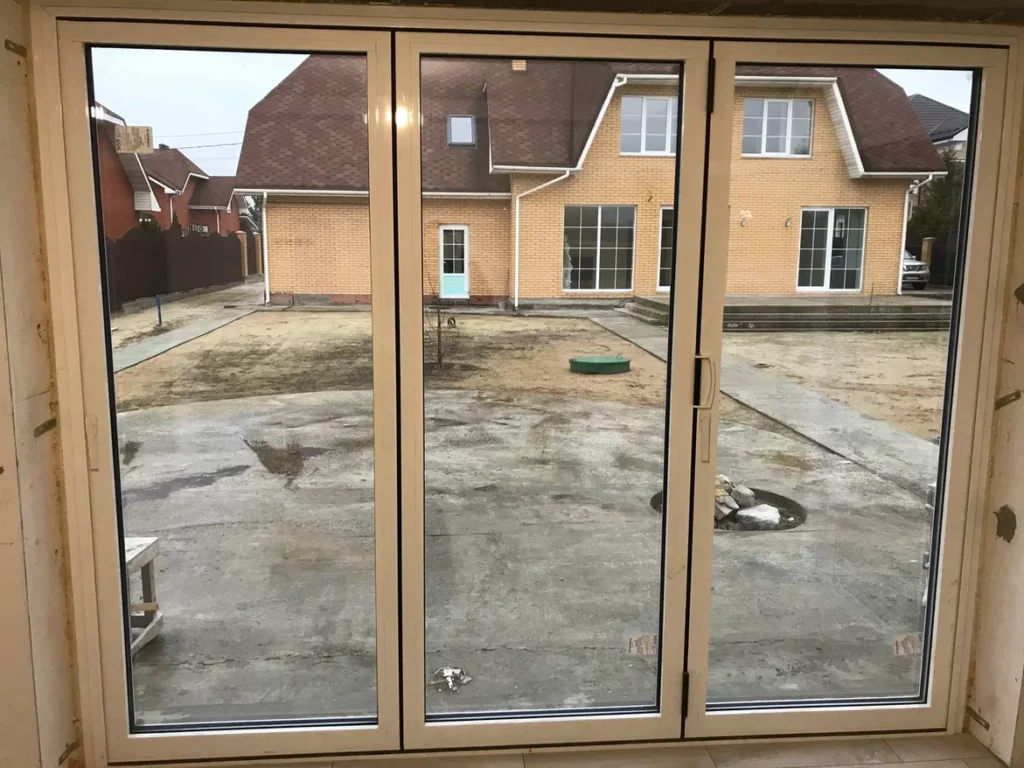Despite ongoing economic uncertainties, the global real estate market continues to exhibit remarkable resilience, with property values and demand remaining stable in many regions. Industry experts attribute this resilience to a combination of factors, including low mortgage rates, shifting housing preferences, and innovative technology solutions.
Key trends and developments in the real estate sector include:
- Strong Demand for Residential Properties: The demand for residential properties remains robust, fueled in part by changing lifestyle preferences brought about by the pandemic. Many individuals are seeking larger homes with dedicated office spaces and outdoor amenities.
- Low Mortgage Rates: Historically low mortgage rates have incentivized homebuyers to enter the market. This has allowed many first-time buyers to afford homes and has led to an increase in refinancing activity.
- Urban-to-Suburban Shift: The trend of people moving from urban centers to suburban and rural areas persists, driven by remote work opportunities and a desire for more space and less congestion.
- Investment in Technology: Real estate technology, or «proptech,» is reshaping the industry. Innovations in virtual tours, digital transactions, and AI-driven property valuation tools have made buying and selling properties more convenient.
- Sustainability and Energy Efficiency: An increasing emphasis on sustainability and energy efficiency is influencing real estate choices. Green building practices and energy-efficient homes are becoming more appealing to buyers and investors.
- Commercial Real Estate Evolution: The commercial real estate sector is adapting to new working patterns, with flexible office spaces and mixed-use developments gaining popularity. Retail spaces are being repurposed to accommodate changing consumer behavior.
- Supply Chain Challenges: Construction and renovation projects have faced delays and increased costs due to global supply chain disruptions, impacting the availability of new properties.
Experts emphasize the importance of monitoring the real estate market’s long-term sustainability, particularly as economic uncertainties persist. Factors such as inflation, rising construction costs, and potential interest rate hikes could influence the market’s trajectory.
Samantha Williams, a real estate analyst, commented on the current state of the market, saying, «The real estate sector has shown remarkable adaptability in the face of ongoing challenges. The focus on technology and sustainability is reshaping how we buy, sell, and inhabit properties.»
While the future of the real estate market remains uncertain, the industry’s ability to pivot and meet changing demands suggests that it will continue to play a pivotal role in the global economy. As the world navigates the evolving landscape of property ownership, real estate professionals and investors are likely to remain agile in response to shifting market dynamics.















